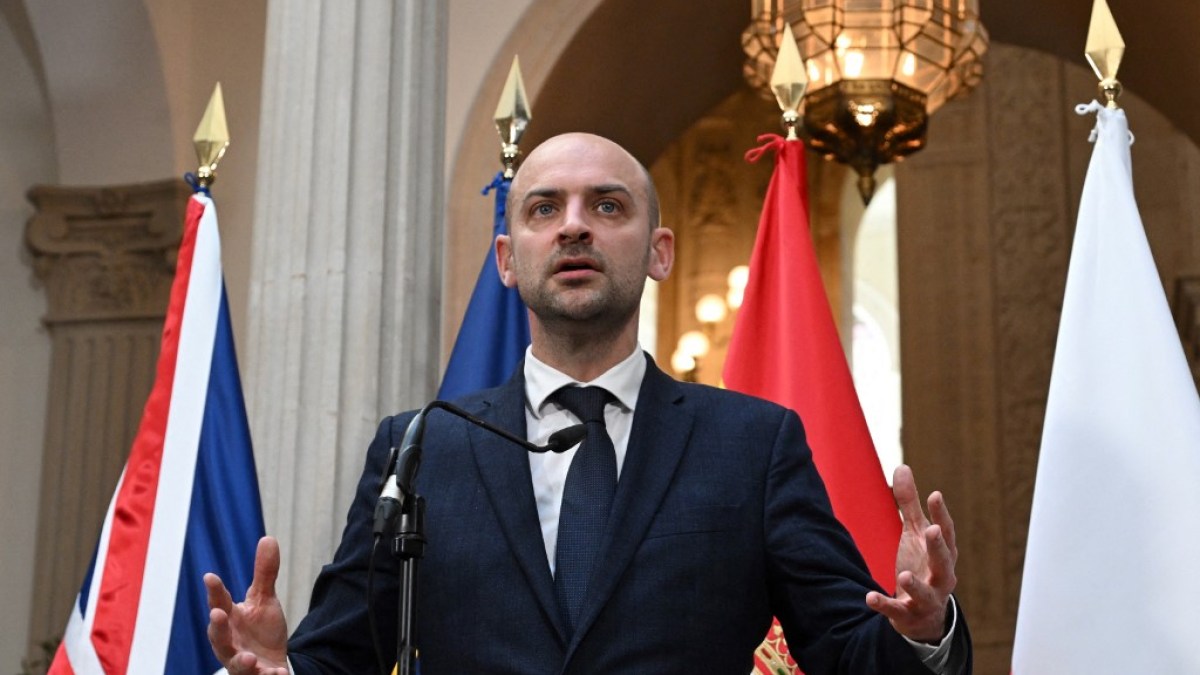France Warns: Iran Nuclear Failure Means War – A Looming Crisis?
France has issued a stark warning, stating that a failure of the Iran nuclear deal could inevitably lead to war. This declaration, made amidst rising tensions and stalled negotiations, has sent shockwaves through the international community. The statement underscores the precarious situation and the potentially devastating consequences of a breakdown in diplomatic efforts.
The Stakes are High: Understanding the Iranian Nuclear Deal
The Iran nuclear deal, officially known as the Joint Comprehensive Plan of Action (JCPOA), was a landmark agreement reached in 2015 between Iran and six world powers: the United States, United Kingdom, France, Russia, China, and Germany. The agreement aimed to curb Iran's nuclear program in exchange for sanctions relief. However, the US withdrawal under the Trump administration in 2018 and subsequent Iranian actions have severely undermined the accord.
France's Warning: A Call to Action?
France's recent statement isn't just a casual observation; it's a calculated warning highlighting the potential for catastrophic escalation. The French government clearly believes that a complete collapse of the JCPOA would remove the last remaining constraints on Iran's nuclear ambitions, potentially leading to a dangerous arms race in the Middle East. This could have far-reaching global implications.
Why the Risk of War is Increasing:
Several factors contribute to the heightened risk of conflict:
- Iran's Accelerated Nuclear Program: Following the US withdrawal, Iran has steadily advanced its uranium enrichment capabilities, exceeding the limits set by the JCPOA. This has raised concerns about its intentions.
- Stalled Negotiations: Attempts to revive the JCPOA have stalled, with significant disagreements remaining between Iran and the remaining signatories. Trust has eroded, making compromise difficult.
- Regional Instability: The Middle East is already a volatile region, with numerous existing conflicts and proxy wars. A nuclear-armed Iran could further destabilize the area, triggering wider conflicts.
- Escalatory Rhetoric: The rhetoric from both sides has become increasingly aggressive, making diplomatic solutions harder to achieve. This raises the risk of miscalculation and unintended escalation.
What Happens Next? Potential Scenarios:
The situation is incredibly fluid, and several scenarios are possible:
- Resumption of Negotiations: A renewed commitment to diplomacy could still salvage the JCPOA, although this seems increasingly unlikely given the current climate.
- Military Intervention: While unlikely in the short term, a military strike against Iran's nuclear facilities remains a possibility, though this carries immense risks and could trigger a wider war.
- Regional Proxy Conflict: Escalation could manifest as increased proxy conflicts between Iran and its regional rivals, potentially drawing in other international actors.
- Nuclear Proliferation: A collapse of the deal could trigger a regional nuclear arms race, with other countries in the Middle East seeking their own nuclear weapons.
The International Community's Response:
The international community must act decisively to prevent a catastrophic outcome. This requires a concerted effort to:
- Renew Diplomatic Efforts: Urgent and sustained diplomatic engagement is crucial to find common ground and revive the JCPOA.
- Strengthen Sanctions: While sanctions alone are unlikely to be effective, strategically targeted sanctions could put pressure on Iran to return to the negotiating table.
- Improve Intelligence Gathering: Accurate and timely intelligence is essential to assess Iran's nuclear capabilities and intentions.
Conclusion: A Critical Juncture
France's dire warning underscores the gravity of the situation. The failure of the Iran nuclear deal carries the very real potential for war, with devastating consequences for the region and the world. The international community must act swiftly and decisively to avoid this catastrophic outcome. The coming months will be critical in determining the future of the Middle East and the fate of the JCPOA. The world watches with bated breath.

